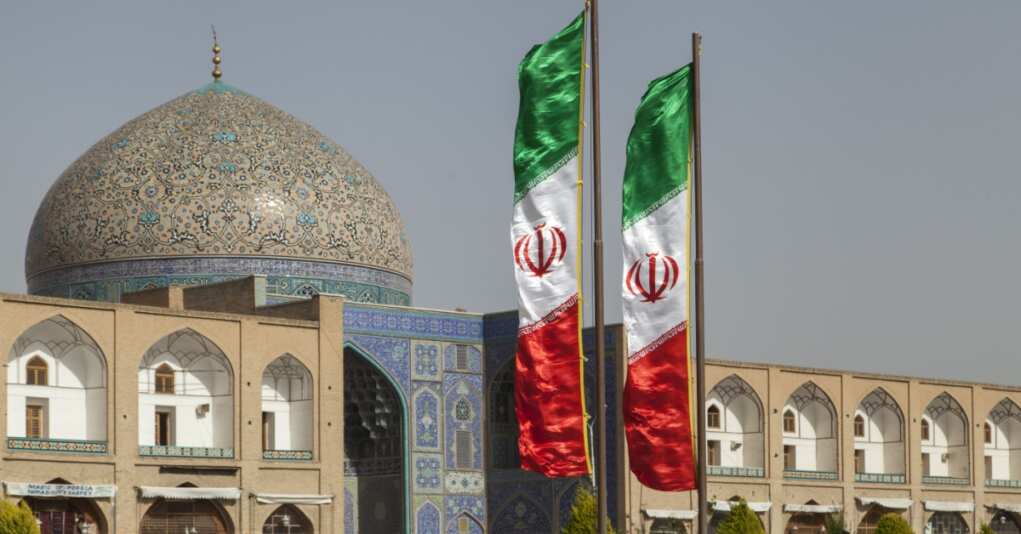Iranian President Questions U.S. Sincerity: Pot, Meet Kettle

In a development that could only be described as rich with irony, Iranian President Masoud Pezeshkian has publicly questioned the sincerity of the United States’ readiness to engage in negotiations with Tehran.
Speaking on the anniversary of the 1979 Islamic Revolution—a day traditionally marked by chants of ‘Death to America’—Pezeshkian mused aloud about America’s true intentions. “If the U.S. were sincere about negotiations, why did they sanction us?” he pondered, as reported by Reuters. It’s a fair question, one might think, until you consider the context.
The United States has long maintained that its sanctions are a direct response to Iran’s persistent nuclear ambitions and its role as a destabilizing force in the Middle East. The sanctions are not, as Pezeshkian would have his audience believe, arbitrary punishments meted out without cause. Rather, they are strategic measures aimed at curbing a regime that has consistently flouted international norms.
Pezeshkian’s remarks come at a time when the U.S. has reinstated its ‘maximum pressure’ campaign against Iran, a policy designed to bring Tehran back to the negotiating table with the aim of securing a more comprehensive agreement than the 2015 nuclear deal. This approach includes efforts to reduce Iran’s oil exports to zero, thereby limiting the regime’s ability to fund its various malign activities.
The Iranian president’s skepticism about U.S. sincerity might be more convincing if it weren’t for his own country’s track record. Iran has a long history of saying one thing and doing another. While professing a desire for peace and dialogue, Tehran continues to support proxy militias across the region, funneling weapons and funds to groups that undermine stability in countries like Yemen, Syria, and Lebanon.
Moreover, Iran’s nuclear program has been shrouded in secrecy and deception. Despite claims that their nuclear pursuits are purely for peaceful purposes, the regime has repeatedly obstructed international inspectors and concealed critical information. This pattern of obfuscation has understandably led to a lack of trust on the part of the international community.
It’s also worth noting that this isn’t the first time Iran has questioned the sincerity of the United States. Supreme Leader Ayatollah Ali Khamenei has consistently expressed deep mistrust of American intentions, going so far as to ban direct talks with U.S. officials in 2018. He stated unequivocally, ‘There will be no war, nor will we negotiate with the US.’ Given this backdrop, Pezeshkian’s recent comments seem less like a genuine plea for earnest dialogue and more like a strategic maneuver designed to cast Iran as the aggrieved party.
It’s a classic case of deflection: accuse your adversary of the very behavior you’re guilty of to muddy the waters and confuse observers. The United States, for its part, has made it clear that it is open to negotiations, but not at any cost. The goal is to reach a deal that not only addresses the nuclear issue but also Iran’s ballistic missile program and its support for terrorist organizations.
This comprehensive approach is essential for ensuring long-term peace and stability in the region. In the end, sincerity in negotiations is a two-way street. It requires both parties to come to the table with a genuine willingness to compromise and adhere to agreed-upon terms. While the U.S. has demonstrated its readiness to engage, the onus is now on Iran to show that it is serious about changing its behavior. Until then, Pezeshkian’s protestations about American sincerity ring hollow, serving only to highlight the regime’s own duplicity.
